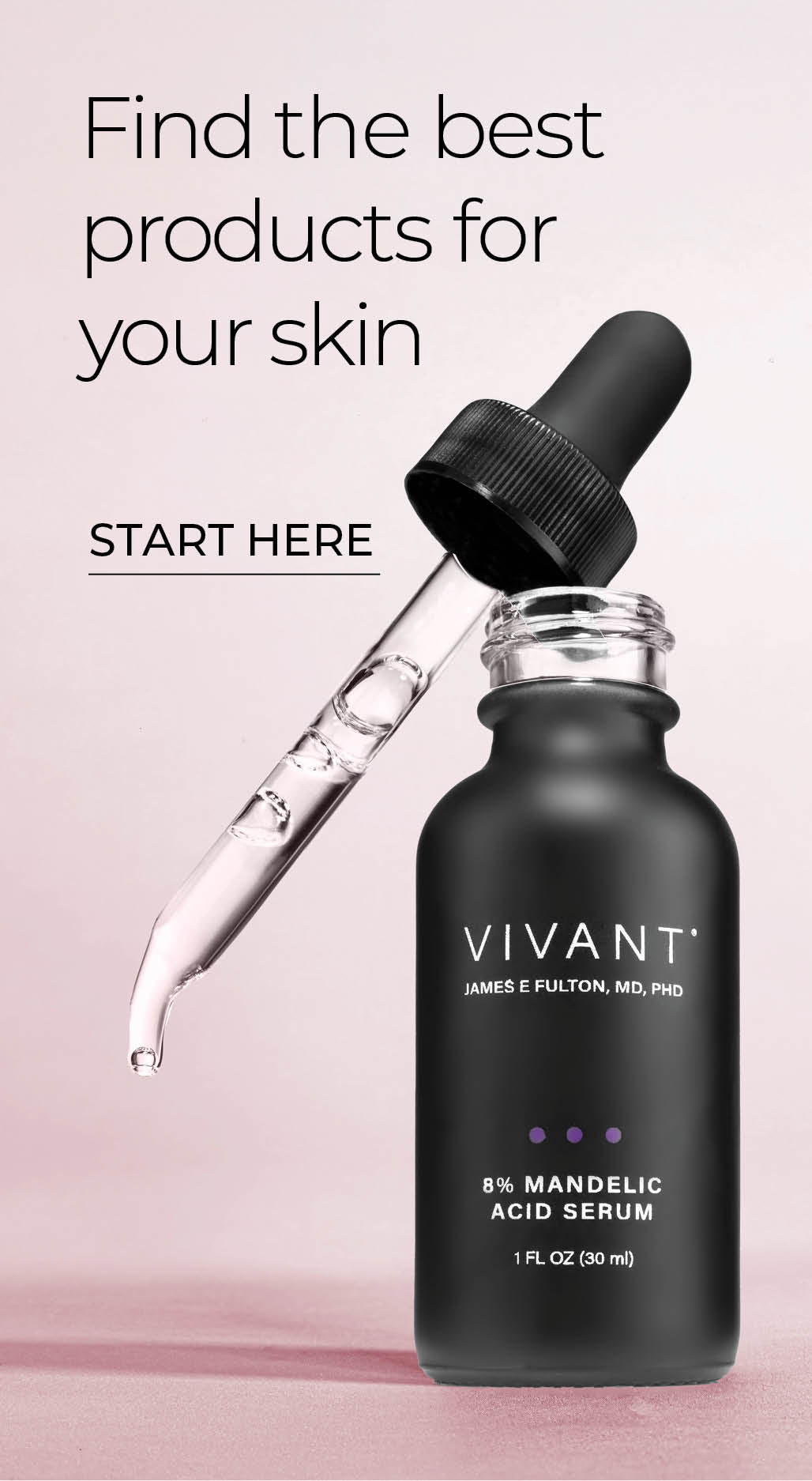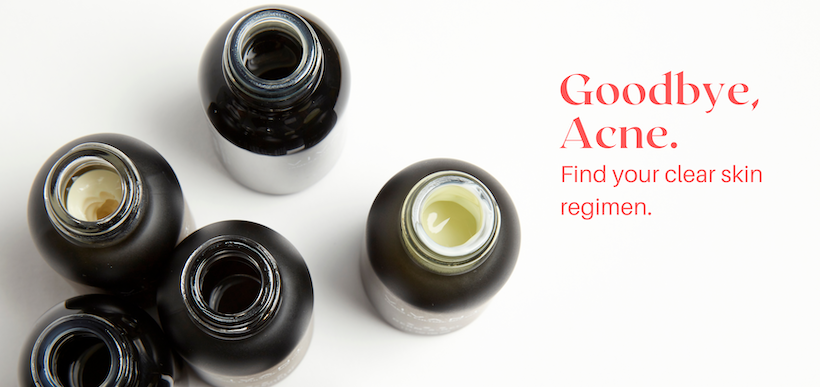Do Skin Care Products Have a Shelf Life?

You’re used to seeing expiration dates on the items in your refrigerator. But when you notice that little date stamped on the bottom of your serum bottle, does it surprise you? It shouldn’t. Like the stuff in your fridge, your skin care products have a shelf life beyond which they won’t be as fresh or as potent, and in some cases, can even become contaminated. Here’s what you need to know about the little date on your products.
All skin care products have a shelf life because antioxidants, acids, peptides, and other active ingredients degrade over time. But not all manufacturers provide expiration dates because the FDA doesn’t require them.
Vivant products with active ingredients carry expiration dates which help you understand the time frame beyond which your products may begin to lose potency. Your products are safe to use beyond the date, but they may not be as effective. Pay particular attention to dates on sunscreens and acne products.
Packaging matters
Antioxidants, acids, peptides, and other bioactive ingredients are sensitive to light and air. Packaging should be designed to protect ingredients from degradation—dark airtight bottles for serums, or pump bottles that keep your hands out of the formula for creams.
Contamination can be a problem with creams and liquid formulas, especially those where your fingers come into regular contact with the package contents. If you use a product that claims to be “preservative-free,” that contamination can happen rapidly.
Shelf life is also the reason for smaller product sizes. One bottle of Vivant serum used twice daily will last the average customer three to four months, well within the maximally potent lifespan of the product.
If there is no date on your product and you can’t remember how long it’s been in your drawer, there are visual clues you can rely on to determine whether or not it’s still good. If the color or consistency of the product has changed from its original form, it’s probably time to toss it. Vitamin C serums are an exception. As soon as these are exposed to air, they will begin to deepen in tone due to oxidation, but when the serum becomes a dark amber, it’s lost its potency.
Average shelf-life
- Cleansers: 1 year
- Toners: 6 months to 1 year
- BHA or AHA exfoliants: 1 year
- Moisturizers and serums: 6 months to 1 year
- Lip balm: 1 year
Tips for maximizing product life
- Store your products out of the light inside a cupboard or drawer.
- Wash your hands before using products.
- Don’t leave the product open.
- Replace the cap securely after each use.


Comments